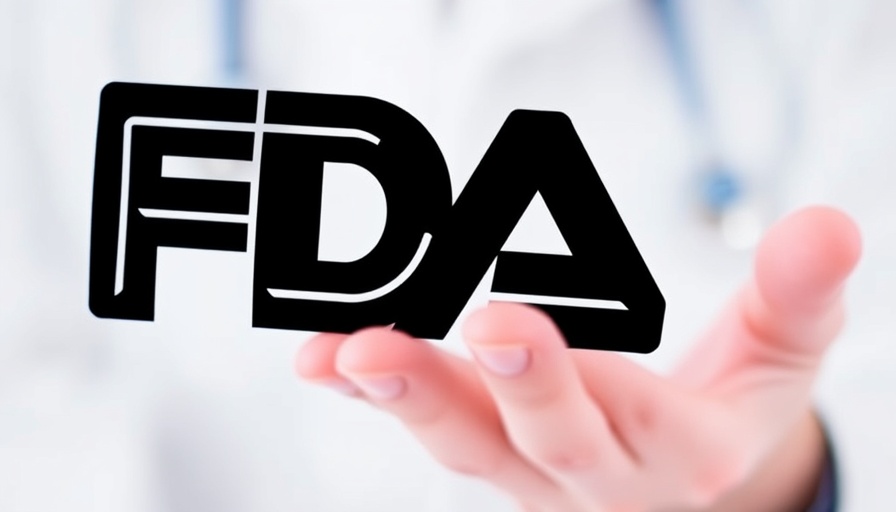
Understanding Compliance: A Necessity for Health Clinics
In today's fast-paced healthcare landscape, compliance isn't just red tape—it's a critical framework that ensures health clinics operate smoothly while entrusting patient safety and quality of care. In various domains, ranging from billing and reimbursements to OSHA regulations and HIPAA privacy standards, compliance plays a vital role not only in running a clinic effectively but also in fostering trust between patients and their care providers.
Policy Development: Crafting Clear Guidelines
Compliance helps clinics develop essential policies and procedures that guide operations. These policies outline appropriate conduct, training requirements for staff, and protocols for providing top-notch patient care. When clinics have a structured framework in place, the likelihood of errors diminishes, promoting an environment where both patients and staff thrive.
Fraud Prevention: Protecting Your Clinic
Establishing a robust compliance program is crucial for protecting against fraud and waste. Since the Affordable Care Act, most clinics must have compliance strategies before enrolling in programs like Medicare. Working with compliance consultants can help clinics navigate complex regulations while safeguarding against liability issues. Neglecting compliance can lead to serious legal repercussions and financial penalties.
Monitoring and Auditing: Staying Proactive
With compliance programs in place, clinics can conduct regular internal audits, allowing for the identification and rectification of potential issues before they escalate. This proactive approach is invaluable—whether it's auditing billing practices, monitoring staff conduct, or ensuring adherence to regulations, internal audits help protect the clinic’s reputation.
Conclusion: Embracing Compliance as an Ally
While it may seem daunting, embracing compliance within health clinics is not merely an obligation—it’s an opportunity to elevate care quality and operational efficiency. As the healthcare sector grows more complex, the need for structured compliance programs becomes increasingly clear.
 Add Row
Add Row  Add
Add 




 Add Row
Add Row  Add
Add 


Write A Comment